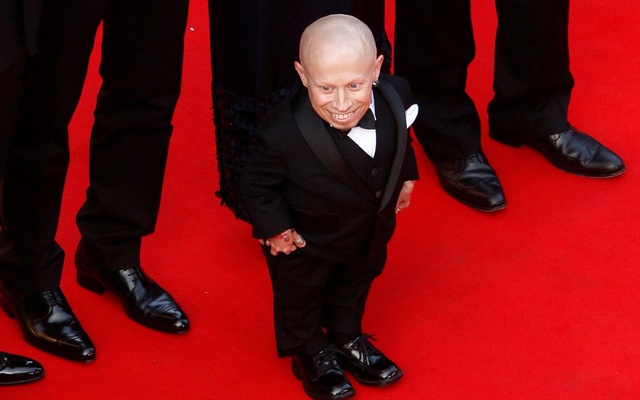*TW: This article contains discussion of mental illness and suicide*
The arts world has a large problem with mental illness; from superheroes to Disney princesses, singers and authors, many celebrities struggle with the trappings of fame. Trying to remain a good role model while pleasing masses and tending to your own health is a near impossible balance, and this often leads to various struggles with depression, PTSD, anxiety and addiction, which many seem to assume to not impact supposedly ‘invincible’ celebrities.
One widely publicised case of celebrity addiction was the death of River Phoenix, who accidentally overdosed in The Viper Lounge in 1993. Stand By Me co-star Wil Wheaton said that River had always struggled with fame and felt that he had a lot to live up too; he was often referred to as the modern day James Dean. Phoenix’s death came when he took a number of drugs at once, a concoction that proved to be fatal.
Other examples of deaths that can be linked to the depression and stress caused by fame are Kurt Cobain, Robin Williams and most recently Verne Troyer, all of whom took their own lives. With demand to perform being so high, it can often feel impossible to find a supportive, understanding network. Men especially bottle up their feelings, and on average are three times likelier to commit suicide than women. Opening up is a need for those who feel overwhelmed, helpless or as though they can’t carry on, with actor Chris Evans being one of many to stress the importance of support. Evans opened up about suffering with social anxiety and a ‘noisy brain’: the lack of privacy he was expected to get used to, as well as constant appearances in the press and public made him initially turn down the offer of playing Captain America. Evans explained that it was his therapist who encouragingly offered him the support he needed to face his fear and accept the life changing role.
Stephen Fry, despite his extensive career as an actor, comedian, writer and presenter, attempted suicide on multiple occasions during his long struggle with depression, with the homophobia he has experienced also hugely affecting his mental health. However, he now says that he is happy with his life, which is proof for many who feel helpless and lonely that things can get better.
Like Fry and Evans, Kristen Bell has also been honest and opened about her suffering, supporting many mental health related charities. For celebrities with these conditions, openness about their illness is crucial to promote awareness and acceptance of mental health issues in the general public. Celebrities’ high profile means they have a real power in challenging the stigma against speaking out about mental health problems.
With many ignoring the mental health of the famous, and the claim that these people know what they are getting into when they enter the public eye being unfortunately common, it is more important than ever to break the mental health stigma. Piers Morgan is one figure who has perpetuated the idea that celebrities are somehow not permitted to suffer: after the May 2017 terror attacks at Ariana Grande’s Manchester Arena concert, Piers criticised her decision to fly home and spend time alone, stating that she should have gone straight to support the victims. He also ridiculed Lady Gaga for opening up about her PTSD since being raped, stating “No, soldiers returning from battlefields do [have PTSD]. Enough of this vain-glorious nonsense.”
It seems that celebrities’ struggle with fame and mental illness can be attributed to the constant pressures to entertain and lead by example, whilst they are constantly being watched and criticised. This is not too different to the academic or social pressures leading to mental health problems in work and educational institutions. These case studies are examples of many who sought help, and the reality of what can happen if people do not take time for themselves or acknowledge their own needs. If you are struggling, never be silent and if you know anybody who might be suffering, encourage them to speak too.
Support:
Mind: call 0300 123 3393 or text 86463
Samaritans: 116 123
Leeds Nightline: 0113 338 01285
Mia Connor

